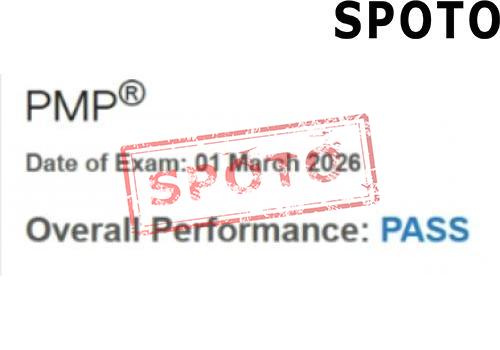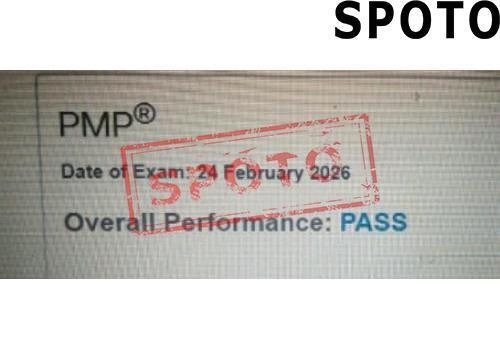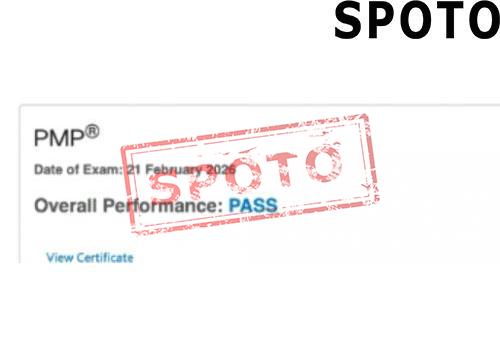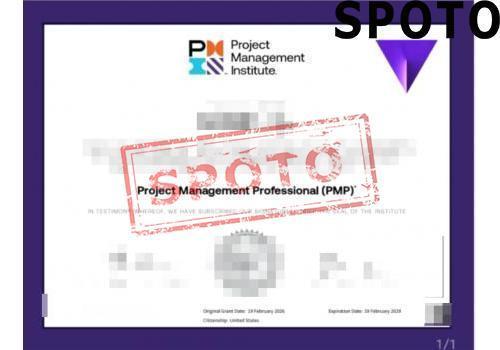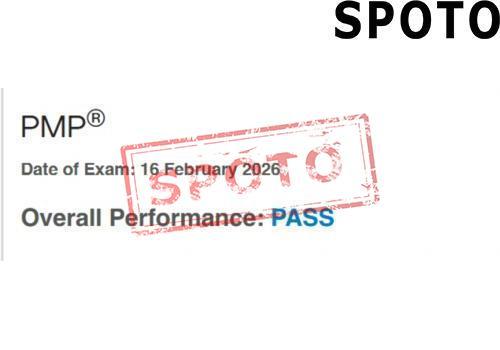
Table of Contents
Choosing between the Certified Associate in Project Management (CAPM®) and the Project Management Professional (PMP®) certification is a crucial decision for aspiring and experienced project managers. While both certifications are offered by the Project Management Institute (PMI®) and validate project management skills, they cater to professionals at different stages of their careers.
In this post, we’ll explore the difference between CAPM and PMP, compare the certifications by eligibility, exam structure, difficulty, salary potential, and help you decide which one is the best fit for your goals.
What Is CAPM?
The Certified Associate in Project Management (CAPM®) is an entry-level certification designed for individuals new to project management or seeking to build a solid foundation. It demonstrates your understanding of fundamental project management concepts, terminology, and processes based on the PMBOK® Guide.
Who Should Choose CAPM?
-
Students and recent graduates
-
Early-career professionals with little or no project experience
-
Professionals looking to transition into project management
CAPM Eligibility Requirements
-
A secondary degree (high school diploma or equivalent)
-
23 hours of project management education (or a CAPM training course)
What Is PMP?
The Project Management Professional (PMP®) certification is a globally recognized credential for experienced project managers. It validates advanced knowledge and practical skills required to lead and manage projects effectively.
Who Should Choose PMP?
-
Professionals with real-world project management experience
-
Team leads or managers seeking career advancement
-
Individuals managing cross-functional or high-impact projects
PMP Eligibility Requirements
-
A four-year degree
-
36 months of project management experience
-
35 hours of project management education or CAPM certification
-
OR
-
A high school diploma or associate degree
-
60 months of project management experience
-
35 hours of project management education or CAPM certification
-
CAPM vs PMP Certification Comparison
| Feature | CAPM | PMP |
|---|---|---|
| Level | Entry-level | Professional/Advanced |
| Eligibility | No experience required | Requires extensive project management experience |
| Cost | Lower | Higher |
| Exam Duration | 150 questions in 3 hours | 180 questions in 230 minutes |
| Exam Focus | PMBOK Guide concepts and terminology | Real-world project scenarios, leadership, and strategy |
| Maintenance | 15 PDUs every 3 years | 60 PDUs every 3 years |
| Career Impact | Great for starting a PM career | Ideal for advancing into senior PM roles |
| Average Salary (US) | ~$70,000 | ~$120,000+ |
CAPM vs PMP Salary and Career Outlook
According to the PMI Salary Survey, PMP-certified professionals earn significantly more than those without the credential. On average, PMP holders earn 25% higher salaries than their non-certified counterparts.
While CAPM certification salary levels are lower compared to PMP, the CAPM still helps candidates stand out for entry-level roles and paves the way to eventually earning the PMP credential.
CAPM vs PMP Exam Difficulty
-
CAPM exam focuses on memorization of terms and concepts from the PMBOK Guide. It’s straightforward but still requires preparation.
-
The PMP exam is much more challenging, testing your ability to apply project management concepts in real-life scenarios and using situational judgment questions.
Which Certification Should You Choose?
Choose CAPM if:
-
You're new to project management
-
You want to build foundational PM skills
-
You don’t yet meet the experience requirement for PMP
Choose PMP if:
-
You already have significant PM experience
-
You want to lead projects and advance into senior roles
-
You're seeking a higher salary and global recognition
